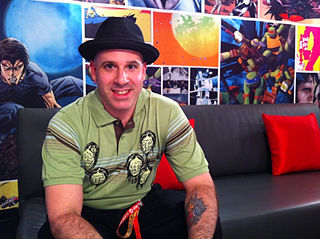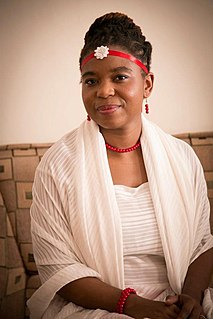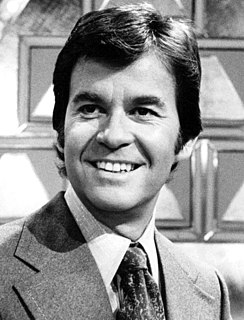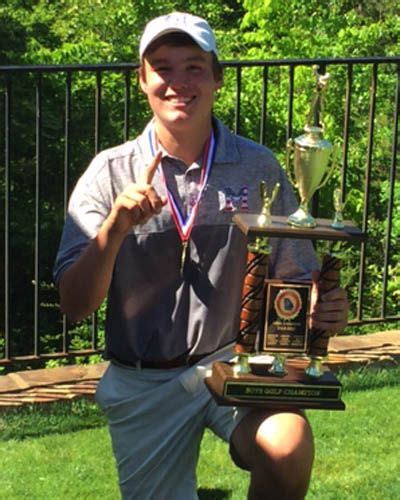A Quote by Walter Mosley
The love of writing comes at a very early age. For me, for instance, comic books so affected me. And a lot of people who come up to me and start talking about writing, when I start talking to them about the "Fantastic Four," they look at me aghast. They say, "'The Fantastic Four?' That's not literature." I say, "Yeah, but it was when I was 11 years old." This was literature.
Related Quotes
I got into comics about the same time as music. By 12 years old, I had discovered my dad's killer comic book collection filled with Silver Age books from his youth...early Spider-Man, Thor, Fantastic Four, The Hulk, Detective Comics, Action Comics, you name it. Seeing those old books got me interested in new comics, so my friends and I would hit the local comic shop every Saturday to pick up the cool titles of my generation.
Of course all children's literature is not fantastic, so all fantastic books need not be children's books. It is still possible, even in an age so ferociously anti-romantic as our own, to write fantastic stories for adults: though you will usually need to have made a name in some more fashionable kind of literature before anyone will publish them.
I think a lot of times it just looks like Hollywood actors in Halloween costumes, you know? And I think what we’re going to do with Fantastic Four is going to be very grounded and it made sense to me. When I read the script, I didn’t feel like I was reading this larger-than-life, incredible superhero tale. These are all very human people that end up having to become I guess what is known as the Fantastic Four. So for me it was just a really good story and gives me an opportunity to play something different from my own skin. It’s a proper character and that’s my favorite stuff to do.
In the early days, Porter Wagoner would not exactly scold me, but he's say, 'You're writing too many damn verses. You're makin' these songs too damn long.' And I'd say, 'Yeah, but I'm tellin' a story. I have a story to tell.' And he'd say, 'Well, you're not going to get it on the radio.' If I start writing a song, I'm writing it for a reason. People would say that I had to have two verses, and a chorus, and a bridge. I tried to learn that formula.
A few people have tried to make me see that my writing isn't quite their thing by saying to me: 'What about realism?' To which my general response is, 'What about it?' However, I wouldn't be at all surprised if one of my favorite writers, Marilynne Robinson, was to say something similar if asked 'What about the fantastic?'
I know a lot of people have a hard time talking dirty - they dont know what to say, how to start, or when to end it. Also, at first they will think they sound ridiculous. And they might. But let me just say that talking dirty is so important in sex. And its pretty easy. To wit: Establish from the very beginning that you like this. And trust me, you want to do it early on. Because if you wait too long to introduce the concept, your Special Lady Friend will be a little thrown and might not take you seriously.
I start out to write five days a week, and then it runs to six days and finally seven. Then, eventually, that wave of weariness overwhelms me and I don't know what's the matter. That is, I know but I won't admit it. I'm just tired from writing. As you get older, writing becomes harder. By that I mean you see so many more potentialities. Things like transition used to trouble me. But not any more. When I say it's harder, I'm not talking about facility. You learn all the so-called tricks, but then you don't want to use them.
Why would anybody connect to someone who has everything going for them? It's the person who has faults that people want to connect to. So people identify with certain insecurities on stage and just by me talking about my diabetes people come up to me after the show and tell me "Gabe, my blood sugar is out of control and I feel you". That's the first thing they say, they say "I feel you!".
I've gotten a lot of young gay kids come up to me and talk to me about how the little things I've said in the press has helped them come out to their parents, or just be open with who they are, and feeling invigorated by that. So that honestly means a lot to me to hear that the things that I say in the press, they do hear, and they see, and it helps them at least to start the conversation.







































